Why Is Your Fish Gasping For Air?
Updated on 05/26/24
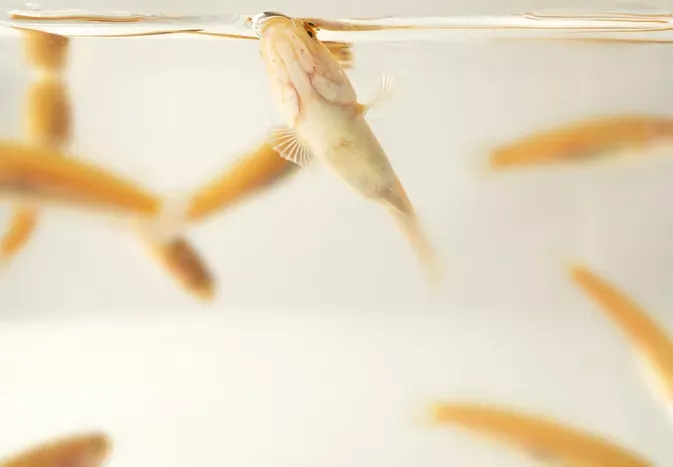
Why Is Your Fish Gasping for Air? A Comprehensive Guide to Oxygen Deprivation in Fish
Introduction: The Importance of Oxygen for Fish
Fish, like all living organisms, require oxygen to survive. Oxygen is essential for a variety of metabolic processes, including respiration, energy production, and waste removal. When fish do not receive enough oxygen, they can become distressed and even die.
Causes of Oxygen Deprivation in Fish
There are a number of factors that can lead to oxygen deprivation in fish, including:
* Low oxygen levels in the water: This can be caused by a number of factors, including overcrowding, high water temperature, and poor water quality.
* Physical barriers to oxygen absorption: These barriers can include mucus, parasites, or tumors.
* Metabolic disorders: These disorders can interfere with the fish's ability to use oxygen.
* Certain medications: Some medications can have a negative impact on the fish's ability to breathe.
Signs of Oxygen Deprivation in Fish
Fish that are gasping for air are in respiratory distress. Other signs of oxygen deprivation include:
* Rapid breathing: Fish that are struggling to breathe will often breathe more rapidly than normal.
* Gills that are pale or white: Healthy gills are typically bright red, but fish that are not getting enough oxygen may have pale or white gills.
* Lethargy: Fish that are not getting enough oxygen may become lethargic and less active than normal.
* Loss of appetite: Fish that are not getting enough oxygen may stop eating.
Treatment for Oxygen Deprivation in Fish
If you believe that your fish is suffering from oxygen deprivation, there are a number of steps you can take to help it:
* Increase the oxygen levels in the water: This can be done by adding an airstone or by increasing the flow of water through the filter.
* Remove any physical barriers to oxygen absorption: This may involve removing mucus, parasites, or tumors from the fish's gills.
* Treat any underlying medical conditions: If your fish is suffering from a metabolic disorder or another medical condition, it is important to treat the underlying cause of the oxygen deprivation.
* Avoid using medications that can impact the fish's breathing: If you are using any medications, be sure to consult with your veterinarian to make sure that they are not harmful to your fish.
Prevention of Oxygen Deprivation in Fish
The best way to prevent oxygen deprivation in fish is to provide them with a healthy environment. This includes:
* Maintaining proper water quality: Water quality is essential for fish health. Make sure that the water in your aquarium is clean and free of pollutants.
* Providing adequate oxygenation: Ensure that there is sufficient oxygen in the water for your fish to breathe. This can be done by adding an airstone or by increasing the flow of water through the filter.
* Avoiding overcrowding: Overcrowding can lead to low oxygen levels in the water. Make sure that your aquarium is not overcrowded.
* Monitoring your fish: Observe your fish regularly for signs of oxygen deprivation. If you notice any of the signs listed above, take steps to address the problem immediately.
Examples of Oxygen Deprivation in Fish
Here are a few examples of how oxygen deprivation can manifest in different types of fish:
* Goldfish: Goldfish are a type of freshwater fish that are often kept in aquariums. Goldfish are relatively hardy fish, but they can suffer from oxygen deprivation if the water quality is not good or if the aquarium is overcrowded.
* Betta fish: Betta fish are a type of tropical fish that are known for their bright colors and flowing fins. Betta fish are also relatively hardy fish, but they can suffer from oxygen deprivation if the water temperature is too high or if the tank is not properly aerated.
* Clownfish: Clownfish are a type of saltwater fish that are found in coral reefs. Clownfish are typically found in groups, and they rely on the oxygen produced by the coral for survival. If the coral reef is damaged or if the water quality is poor, clownfish can suffer from oxygen deprivation.
Conclusion: The Importance of Oxygen for Fish
Oxygen is essential for fish health. If fish do not receive enough oxygen, they can become stressed and even die. By understanding the causes, signs, and treatment of oxygen deprivation in fish, you can help your fish live a long and healthy life.
Explore More Pets
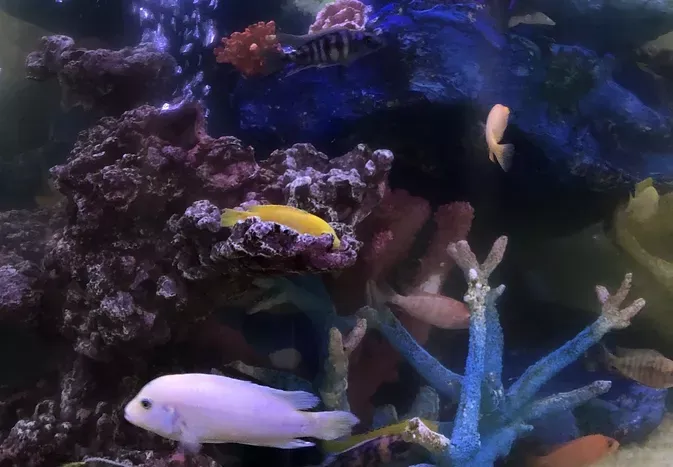
Freshwater Aquarium Filters
How to Deal With Cloudy Aquarium Water
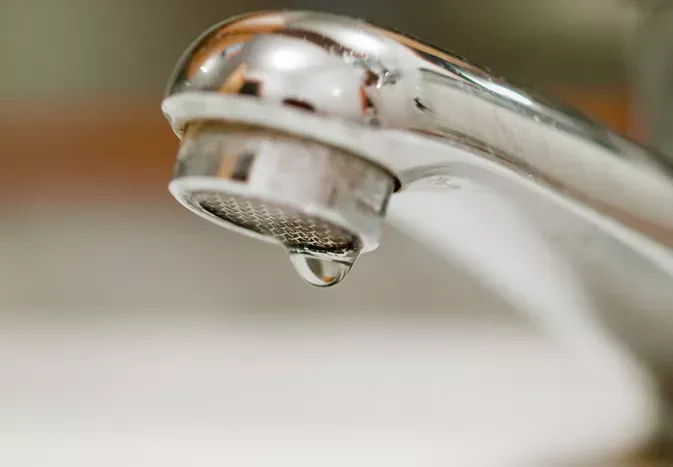
Saltwater Aquarium Filters
How Do You Remove Chloramines From Tap Water?
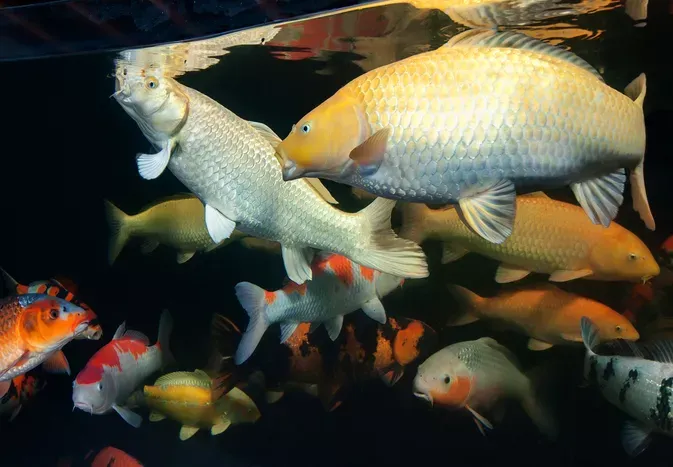
Freshwater Aquariums & Habitat
Can I Keep My Koi Fish Inside?
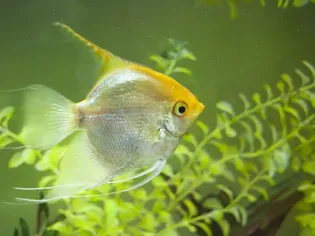
Saltwater Aquariums & Habitat
14 Best Floating Plants for Your Aquarium
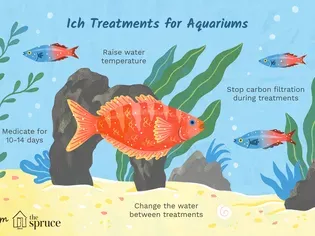
Freshwater Fish Health
How to Treat Ich on Freshwater Fish
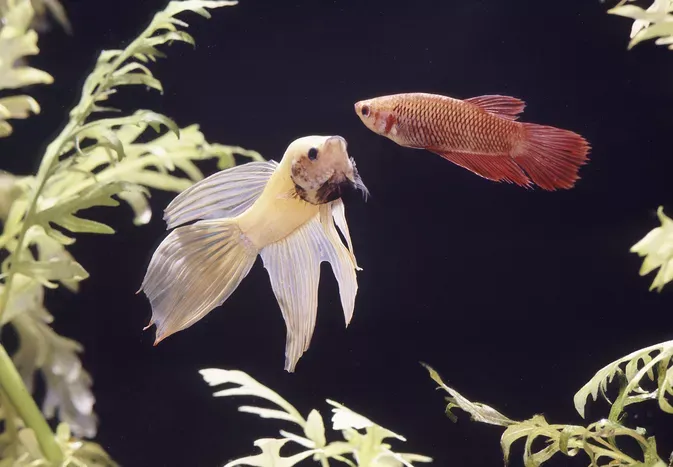
Saltwater Fish Health
Fin Rot in Aquarium Fish
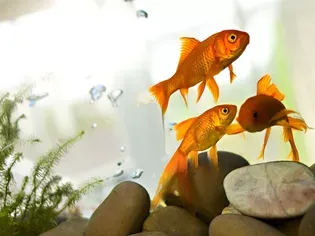
Freshwater Aquarium Filters
How to Do Aquarium Water Changes
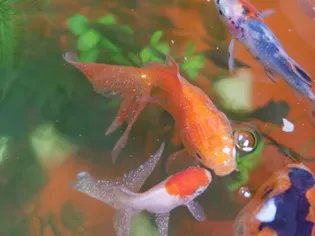
Saltwater Fish Health
How Do Fish Get Parasites?
